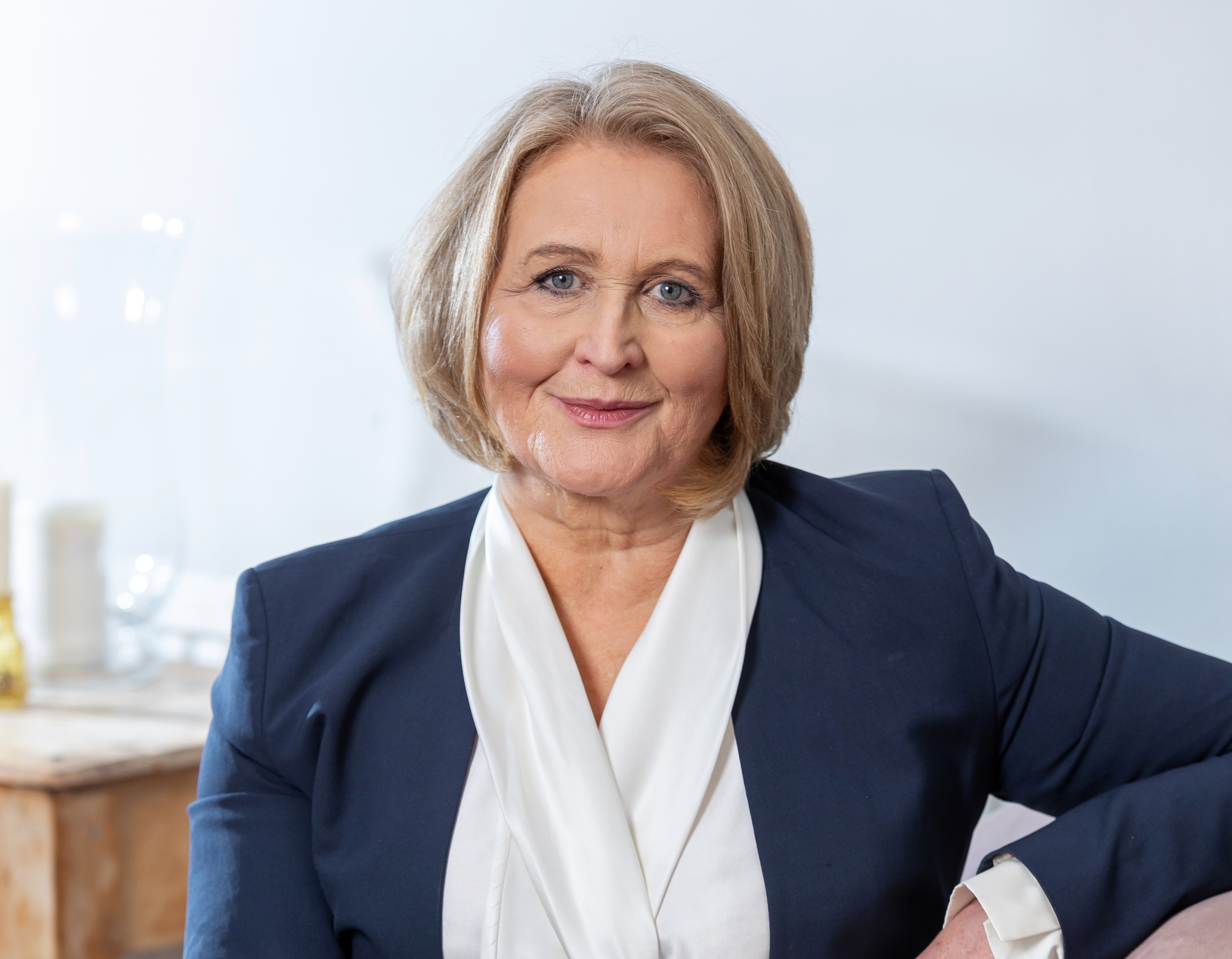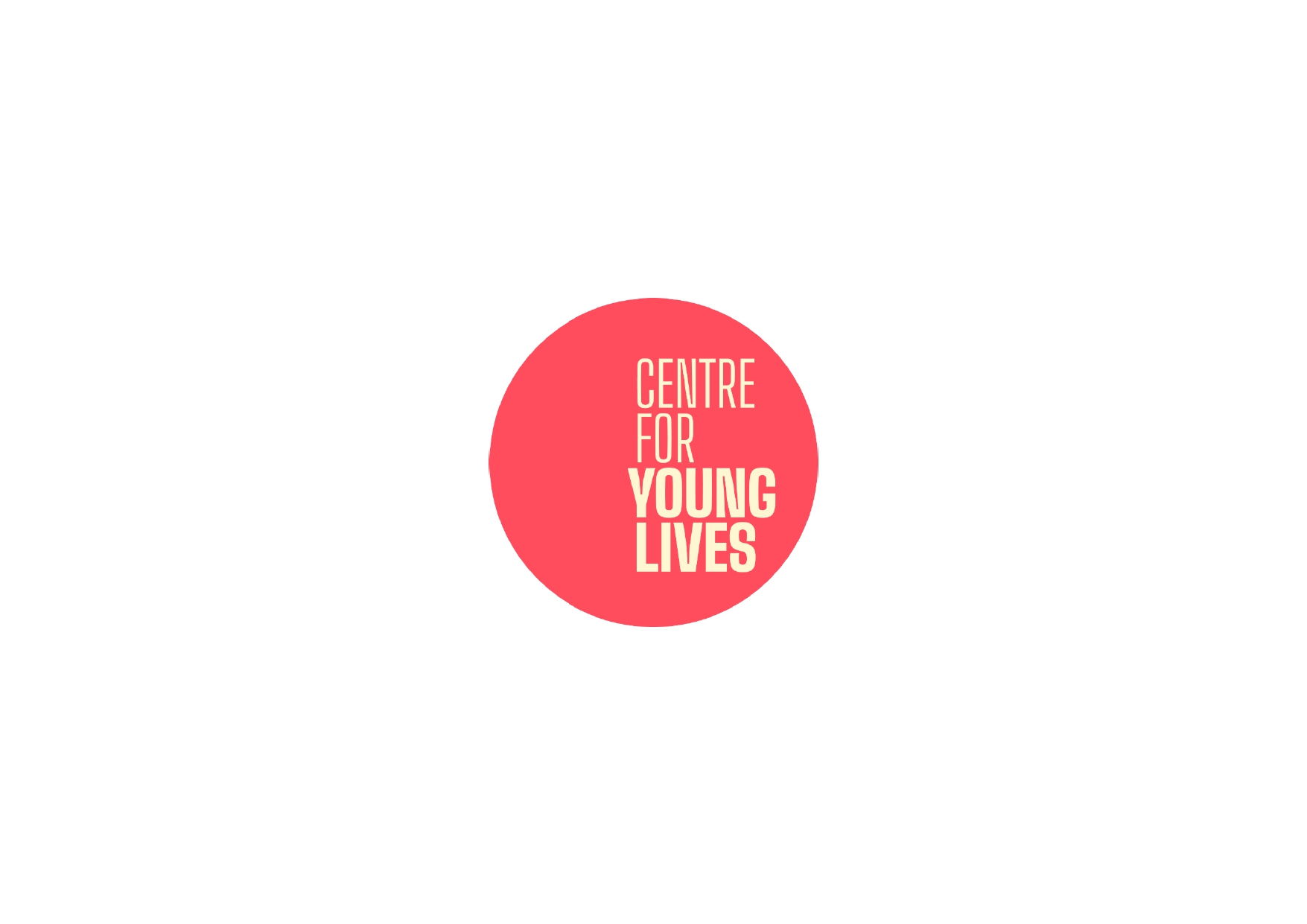The Centre for Young Lives responds to the Government's Early Years Strategy

This week, the Department for Education launched the government’s plans for reforming early years support, Giving Every Child the Best Start in Life. In a strategy reminiscent of the launch of Sure Start by the previous Labour government over two decades ago, Education Secretary Bridget Philipson announced plans which, if delivered and funded effectively, should have a transformational, long-lasting positive impact on children in their early years.
The strategy sets out an ambitious package as part of the Government’s plans to achieve its key milestone of raising the proportion of children reaching a Good Level of Development to 75% by 2028 - part of its mission to break the link between diminished life chances and the challenges facing many families and children.
Underpinned by an investment of £1.5 billion over the next three years, the strategy sets out plans for a new vision for integrated family support, alongside plans to expand and improve access and quality of early years education and childcare. The strategy signals a very welcome emphasis on early years – putting it back at the heart of government as a priority – recognising that the first few years of a child’s life are paramount and how getting families the right support at the right time can reap significant benefits in both the short and long term.
The focus on the proportion of children reaching a Good Level Development for local government is a positive one, and something the Centre for Young Lives has been calling for. Guided by a clear, targeted and most importantly a shared outcome, it can act as the driving force in better join-up between local and national government, and bring together local partners to deliver better outcomes for children and families.
As part of the package for reform in the early years, the Government has announced a new Best Start Family Service which will see the rollout of Best Start Family Hubs and a new Best Start Digital Service. This is hugely welcome – and again something we have campaigned for It is a sign that the Government is starting to both reimagine family support and draw on the legacy and lessons learned from the days of Sure Start Children’s Centres. The impact of Sure Start on children’s longer-term health, education and wider social outcomes has been well-evidenced and it is encouraging to see a commitment to learn from the best of Sure Start for Best Start Family Hubs.
With a Family Hub set to be opened in every local authority by April 2026, rising to up to 1,000 by 2028, thousands of families will have the chance to benefit from a one-stop shop for joined-up family support. We know that many vulnerable families aren’t able to access the support they need, and by acting as a ‘front door’ to a range of services from across local agencies, hubs will help to join up the vital support for families that need it and make support more accessible.
Like the early days of Sure Start, these hubs will be based in disadvantaged communities to ensure that crucial early support and intervention will reach the children and families that need it the most and have the biggest impact. This is the right priority, and we support it.
A large part of the success of Sure Start was not only the strength of political support, but also the scale of ambition with funding to match – with funding increasing year on year across the 2000s, costing £2.5bn a year when fully funded by 2010.
We recognise that after a decade of spending cuts and local authorities operating within tight fiscal constraints, the nature of services being delivered has changed since 2010. Less than a quarter is being spent on family support now, compared to Sure Start at its peak. Our recent report, ‘A Fresh Start for Children and Family Support’, set out a costed model for scaling up investment into joined-up family support. We called for £1.25bn to be invested over the next three years.
The success of the policies set out in the Government’s new strategy will rest on their implementation, as well as a continued commitment to sufficient and sustained investment over the coming years that matches the scale of ambition. The Centre for Young Lives hopes to see the Department for Education’s investment of £500m matched by the Department of Health and Social Care’s Start for Life programme to boost delivery and implementation. If that happens, the scale of investment comes close to the amount we recommended in our recent report.
The Government’s strategy also outlines a number of welcome commitments to improving the quality of and access to early education and childcare. It includes a new incentive scheme to boost recruitment and retention of early years professionals, with a particular focus on bringing much needed expertise to the areas that need it most.
This comes alongside quality assurance for early years provision including more frequent Ofsted inspections for early years providers and support for stronger partnerships between nurseries and schools to smooth the transition for young children and their families and ensure as many children as possible are starting school ready.
The evidence is clear – support for children and families in the early years has long-lasting and far-reaching benefits. This week’s strategy signals an important step-change from the Government - recognising and understanding the importance of getting it right in the first few years of a child’s life. It’s important that they keep their foot on the pedal and put the early years at the centre of their plans to boost opportunity and break the glass ceilings that hold back so many of our children from thriving.
Read the Government’s Giving Every Child the Best Start in Life Strategy Here - https://www.gov.uk/government/publications/giving-every-child-the-best-start-in-life
Read Part 1 of our Research on A Fresh Start for Children and Family Support hereFresh Start for Family Support report here: https://www.centreforyounglives.org.uk/news-centre/new-foi-data-reveals-funding-cuts-to-family-hubs-and-childrens-centres-could-put-governments-opportunity-mission-at-risk
Read the final report from the Institute for Fiscal Studies on the Impact of Sure Start here: https://ifs.org.uk/sites/default/files/2025-05/IFS%20Report.%20The%20short-%20and%20medium-term%20effects%20of%20Sure%20Start%20on%20children%E2%80%99s%20outcomes.pdf?dm_i=21A8,8XVJZ,AMCDHC,11B871,1















